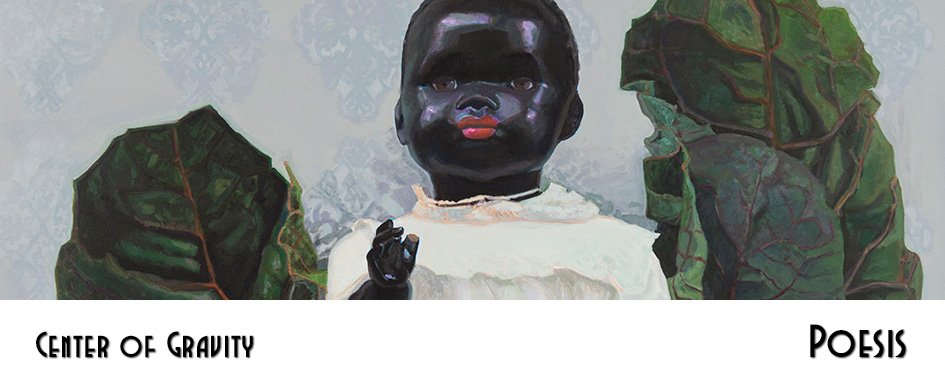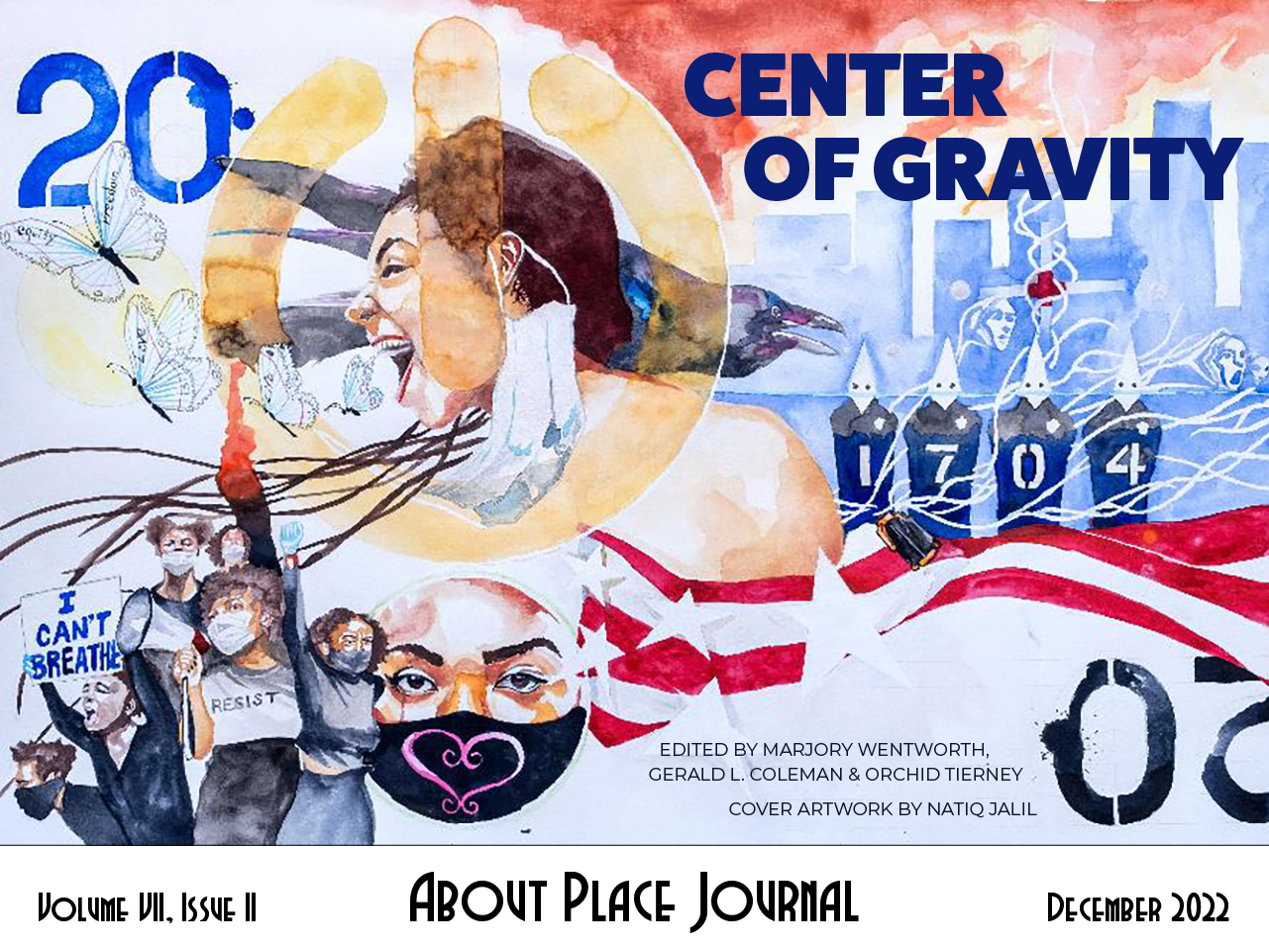Tell me about yourself
Did you know the first job I had was unpaid? I was six years old and mother left me to watch my infant sister while she pulled a double at Taco Town. I changed my sister’s diapers. I warmed my sister’s bottles. I did not open the door when Jehovah Witnesses came knocking. We lived in a neighborhood that almost didn’t look poor. I scrunched roaches before they had a chance to enter my infant sister’s ears. I lied in school when my teachers asked if I was feeling better from my stomach flu. I have never gotten the flu. I could never afford to.
What attracted you to this job?
Money has a funny way of showing up in marriages. My marriage for example was strained by the idea of money. I wanted us to make babies. He said, we couldn’t afford babies without the money. I said, I don’t need much, just a roof over my head and his arms. The doctor said we needed money to make babies, so I tried to make money the way most painters do. And when that didn’t work, I took a second job at a dollar store, stocking the shelves and scanning the barcodes. Sometimes, there were hours where no one would show up to the store and I was left alone with my thoughts. I’d stare at the aisle where we kept the baby formula and think of my sister. Sometimes I’d spend my whole shift peering into my phone, leaving hearts all over each photo of her boys.
What are your strengths, your weaknesses?
I fell in love with paint accidentally. When I look back on life I see now that it was always there. I used to sketch portraits of customers on the back of receipts during my brief weeks as a Tracy’s Shoes salesgirl. The job was commission based and the salesgirls in the women’s shoes department were territorial. They had carved up sections of the store so when wealthier customers lingered near high end shoes they could prance like spiders from a vine. I was not that competitive. I watched and sketched this dance from my corner at the bargain shoe shelves. When I worked at a daycare, one of the dad’s saw my sketch of his kid. He insisted I let him pay for a continuing ed art class his buddy taught at the community college nearby. I was 24 and unsure of who I was or what I was even supposed to ask of life. Mother was already in hospice. I met my husband because of that class. I have a hard time saying no to things.
Can you explain this gap in your resume?
I’m glad we married quickly. My sister was always smarter than me. She had a full scholarship to Bard and really, she was always destined to be someone beyond this town. With mother gone and with my baby sister leaving, my husband became my best friend. In the beginning, it was a swell idea. He wasn’t exactly handsome. He wasn’t exactly ugly either. He claims he watched me stroll past the math department towards my new on-campus cafe gig every Tuesday and Thursday for three whole weeks before he worked up the courage to order a latte for himself, leaving a fat tip in the jar, hesitating to leave with his drink in hand before circling back to my register and asking if he could buy me a latte too. I don’t remember any of that. What I do remember is feeling less lonely around him and how welcoming and warm that felt. For years we didn’t notice we could not have babies without money. We never tried to make babies at first. We were always safe that way. I think sometime after turning thirty, after my sister called to say she was moving with her husband to Dubai, it dawned on me. I wanted to be a mother. I have always wanted to be a mother. My husband kept looking at the wives of his colleagues and friends. They all made enough money for mortgages and babies on their own, without their husbands—why couldn’t his wife do the same? Without an actual bachelor’s degree, I took work where I could, however I could. I never made enough money. Sometimes I would get so depressed in between gigs. I felt like a grape between fingers, everything caving in on me. My paintbrush was my only relief. My husband found ways to start arguments about my unemployed paintings. He made a spreadsheet and started tallying up all the money I had owed him.
Why do you want this job?
In the divorce he took everything except my paintings. I wanted him to. It was too painful to look around and see reminders of what was. What use is a sofa or nightstand without the one who knows the inside jokes about when it was bought, how you nicked your knee there, that one night you were drunk on laughter and giddiness after your first real art exhibit? He’s married now. Remarried I mean. I hear they have a baby on the way. My sister emails me jobs in the middle of the night. Sometimes I can still picture the way her infant eyelids would lower as she fed, greedily, from the white milk of her bottle. Sometimes I paint that image of her, her fluttering milk-drunk eyes, and only her eyes.


